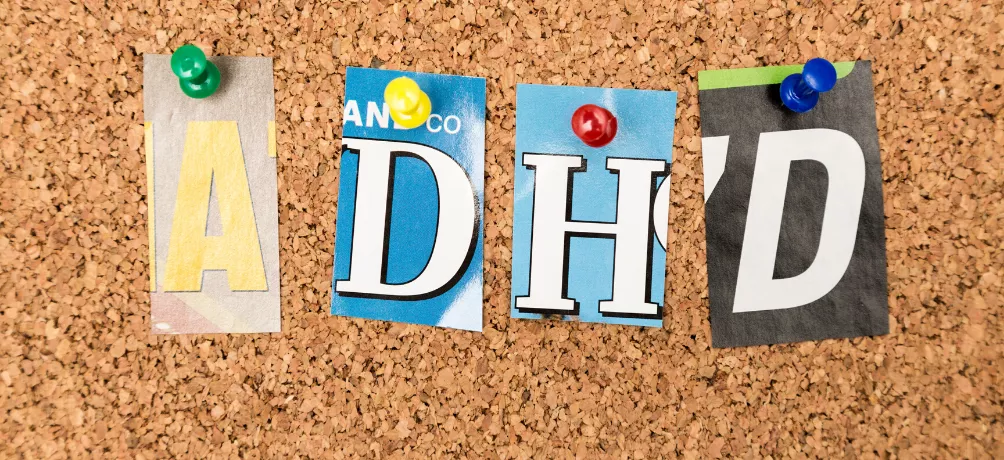Solving Challenging Behavior Problems with the Collaborative and Proactive Solutions Model
By Dr. Mary Rooney, Ph.D.
The Collaborative and Proactive Solutions (CPS) model (described in a previous post) is a treatment approach that views challenging behaviors as a symptom of a gap between a child’s skills and an adult’s expectations. The CPS model doesn’t target challenging behaviors directly by emphasizing rewards and punishments. Instead, it focuses on identifying problem areas and the skills that a child needs to develop and/or the expectations that adults need to adjust. Once the problem areas are identified, the CPS approach outlines three ways parents and teachers can choose to respond.
Plan A represents a common response to challenging behaviors. When a child doesn’t do what they have been asked, parents and teachers simply “announce” their solution to the problem without engaging the child. Teachers may announce that classwork must be done before the child can have free play. Parents may announce that the child has 20 minutes to get ready in the morning, and if they are late getting out the door, they will lose their tablet for the rest of the day. These announcements are often made in the heat of the moment, in a raised tone of voice, and with more than a little frustration. While parent- or teacher-driven solutions are often necessary for children with ADHD, they need to be planned out in advance and implemented calmly and consistently.
Plan C focuses on the adult’s expectations and actually emphasizes dropping an expectation temporarily if it consistently leads to problem behavior. While this may seem counterintuitive, dropping an expectation can be helpful when it’s done within the context of a larger plan. Kids with ADHD have many skill-expectation gap areas and it is simply not possible to address all of these areas at once. Dropping lower-priority expectations in the short term will help you make progress on high-priority expectations more quickly.
Plan B is comprised of three basic steps that form the core of the CPS approach:
Step 1: Practice empathy. The adult is focused on hearing the child’s perspective on the problem. In this step, the adult’s only job is to hear what the child has to say, ask clarifying questions if needed, and empathize with the child.
Step 2: Define adult concerns. In this step, the adult expresses their point of view and concerns about the problem. They do this without blaming the child but may highlight ways in which the situation is negatively affecting the child, the adult, or others.
Step 3: Invite the child to discuss solutions. Here, the child is invited to participate in a brainstorming session with the adult to identify possible solutions. In most situations, the brainstorming sessions will result in at least one identified skill that the child can develop.
Other strategies will include things like simplifying routines, getting things done the night before school so mornings aren’t so hectic, keeping an extra set of school books at home if the child repeatedly forgets materials needed to complete homework assignments, and so on. This step, when done well, ultimately results in a clear, actionable plan that the child and the adult can easily follow through on. As part of this step, the child and adult agree to engage in a follow-up brainstorming session if their strategies and solutions don’t go according to plan.
The CPS model is a flexible approach that can be applied to a wide range of challenging behaviors associated with ADHD. It also teaches problem-solving skills that, if practiced repeatedly, become a tool that your child can eventually use on their own. These skills will be especially valuable as your child gains independence while navigating the challenges that come with middle school, high school, and beyond.
If you would like to learn more about how to use the CPS model with your child, check out the Lives In the Balance website, maintained by a non-profit organization founded by Dr. Green, the developer of the CPS approach.
ABOUT DR. MARY ROONEY
Mary Rooney, Ph.D., is a licensed clinical psychologist in the Department of Psychiatry at the University of California San Francisco. Dr Rooney is a researcher and clinician specializing in the evaluation and treatment of ADHD and co-occurring behavioral, anxiety, and mood disorders. A strong advocate for those with attention and behavior problems, Dr. Rooney is committed to developing and providing comprehensive, cutting edge treatments tailored to meet the unique needs of each child and adolescent. Dr. Rooney's clinical interventions and research avenues emphasize working closely with parents and teachers to create supportive, structured home and school environments that enable children and adolescents to reach their full potential. In addition, Dr. Rooney serves as a consultant and ADHD expert to Huntington Learning Centers.
ABOUT HUNTINGTON
Huntington Learning Center is the tutoring and test prep leader. Its certified tutors provide individualized instruction in reading, phonics, writing, study skills, elementary and middle school math, Algebra through Calculus, Chemistry, and other sciences. It preps for the SAT and ACT, as well as state and standardized exams. Huntington programs develop the skills, confidence, and motivation to help students of all levels succeed and meet the needs of Common Core State Standards. Founded in 1977, Huntington's mission is to give every student the best education possible. Call us today at 1.800.CAN LEARN to discuss how Huntington can help your child. For franchise opportunities please visit www.huntingtonfranchise.com.
This website does not provide medical advice, diagnosis, or treatment. The material on this site is provided for educational purposes only.


